Pentagon rejects request for boosting forces in Persian Gulf
The Pentagon has rejected a request issued by the US Central Command (CENTCOM) for deployment of additional troops to the Persian Gulf following the re-imposition of sanctions against Iran.
The American broadcaster CNN on Tuesday cited two military officials claiming the request for additional troops was made by CENTCOM in response to the US concerns that Iran could potentially launch an attack against American forces after the anti-Iran sanctions took effect on Monday.
The officials said the Pentagon had no intelligence indicating Iranians were planning retaliatory military operations against the US forces based in in the Persian Gulf.
Gen. Joseph Dunford, chairman of the Joint Chief of Staff, indicated that the Pentagon’s inventory fell short of demand in terms of military resources such as troops and equipment.
"That is one of the more important tasks we face, is to prioritize and allocate resources in accordance with the strategy," he said. "And ... if you look at what the combatant commanders would identity as their requirements, our inventory falls short of meeting all of what the combatant commanders would want to have, so the art for us is to have enough of our forces forward to demonstrate commitment, assure our allies, to demonstrate the ability to respond -- which enhances deterrence -- and then have the inherent flexibility in the force to get the right amount of forces in the right place, at the right time in the event deterrence fails."
"That's the art of what we call global force management but it's the art of, really, priorities and allocating our resources against the strategy," Dunford added.
US-style negotiating
US President Donald Trump announced in May that he would pull the US out from the Iran nuclear agreement or the Joint Comprehensive Plan of Action (JCPOA) and re-impose sanctions against Tehran that were lifted under the accord.
US Secretary of State Mike Pompeo and Treasury Secretary Steven Mnuchin, in a press conference in Washington on Monday, revealed the Trump administration's plan to force Iran to abandon its nuclear and ballistic missile programs while diminishing Tehran's influence among its neighboring countries in the Middle East.
Pompeo said the US had persuaded more than 20 countries to completely stop, or at least reduce, their oil purchases from Iran, dealing a heavy economic blow to the Iranian nation.
Iran's top diplomat, Mohammad Javad Zarif, responded to the US sanctions re-imposed against the Iranian nation, saying Washington would once again regret its "unwise measures."
Read more:
US will regret unwise moves against Iran: FM Zarif
The Iranian foreign minister reiterated the United States has proven that it is not a "reliable negotiating partner".
'Slaughterhouse': Hamas says CNN report on Israeli jail just tip of iceberg
VIDEO | Rafah in the crosshairs
Israel orders evacuation of central Rafah as it prepares to expand invasion
Another Palestinian journalist killed in Gaza, tally rises to 143
Gaza mass graves: Victims 'executed' at point blank range
VIDEO | Colonialism and hijab
VIDEO | Pro-Palestinian protesters take to the streets in Chile
Explainer: What is significance of UNGA vote on Palestine’s full membership?


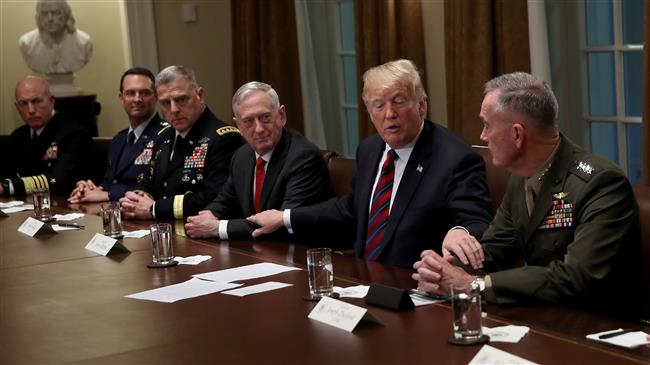


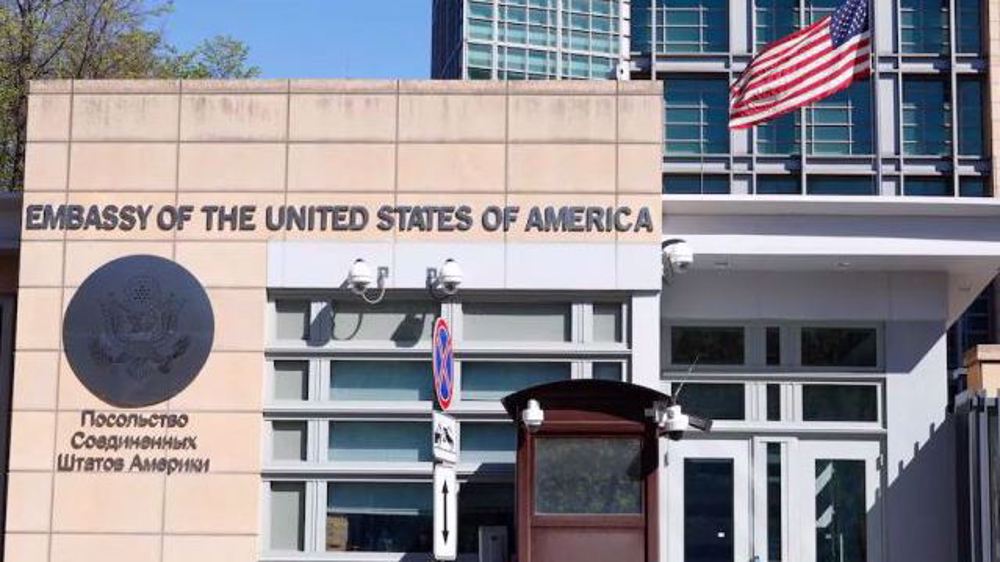




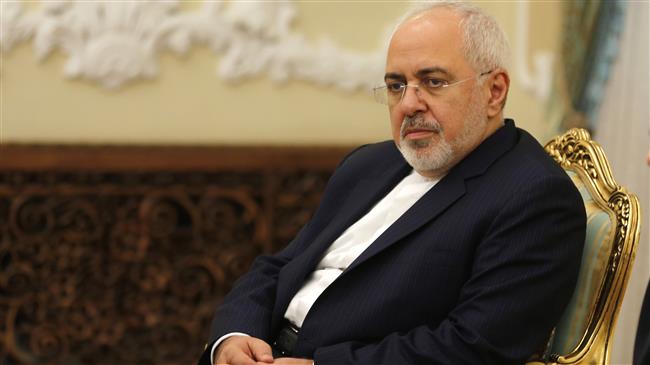
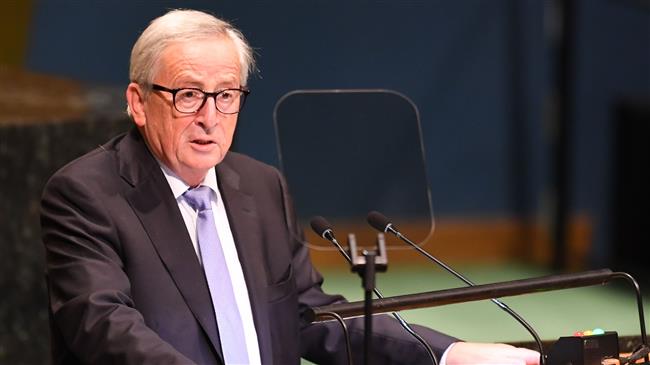
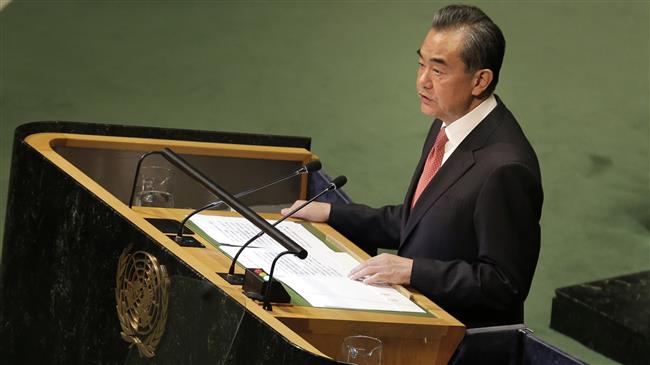
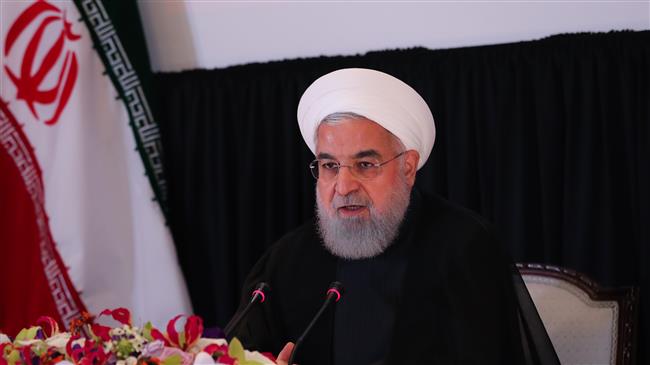
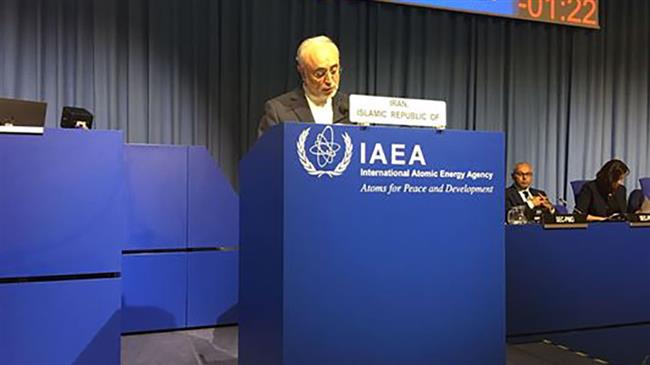

 This makes it easy to access the Press TV website
This makes it easy to access the Press TV website